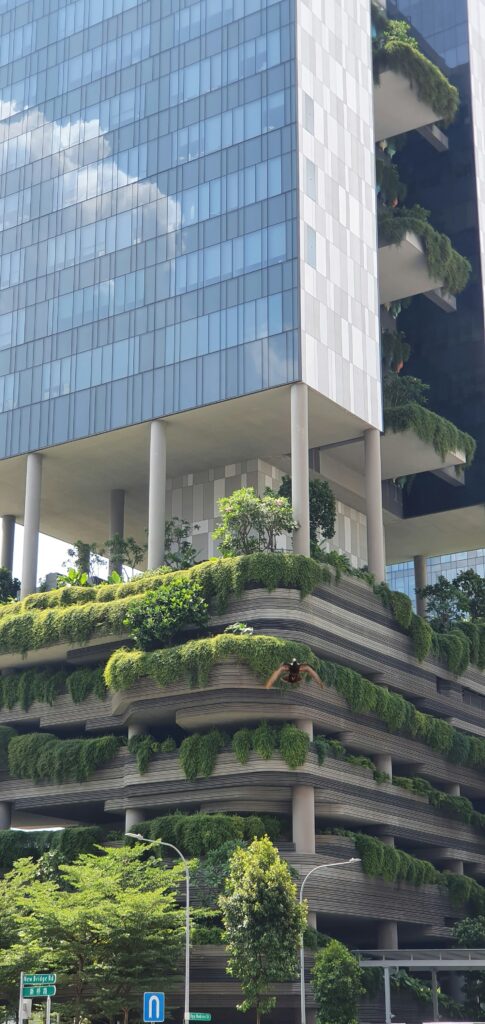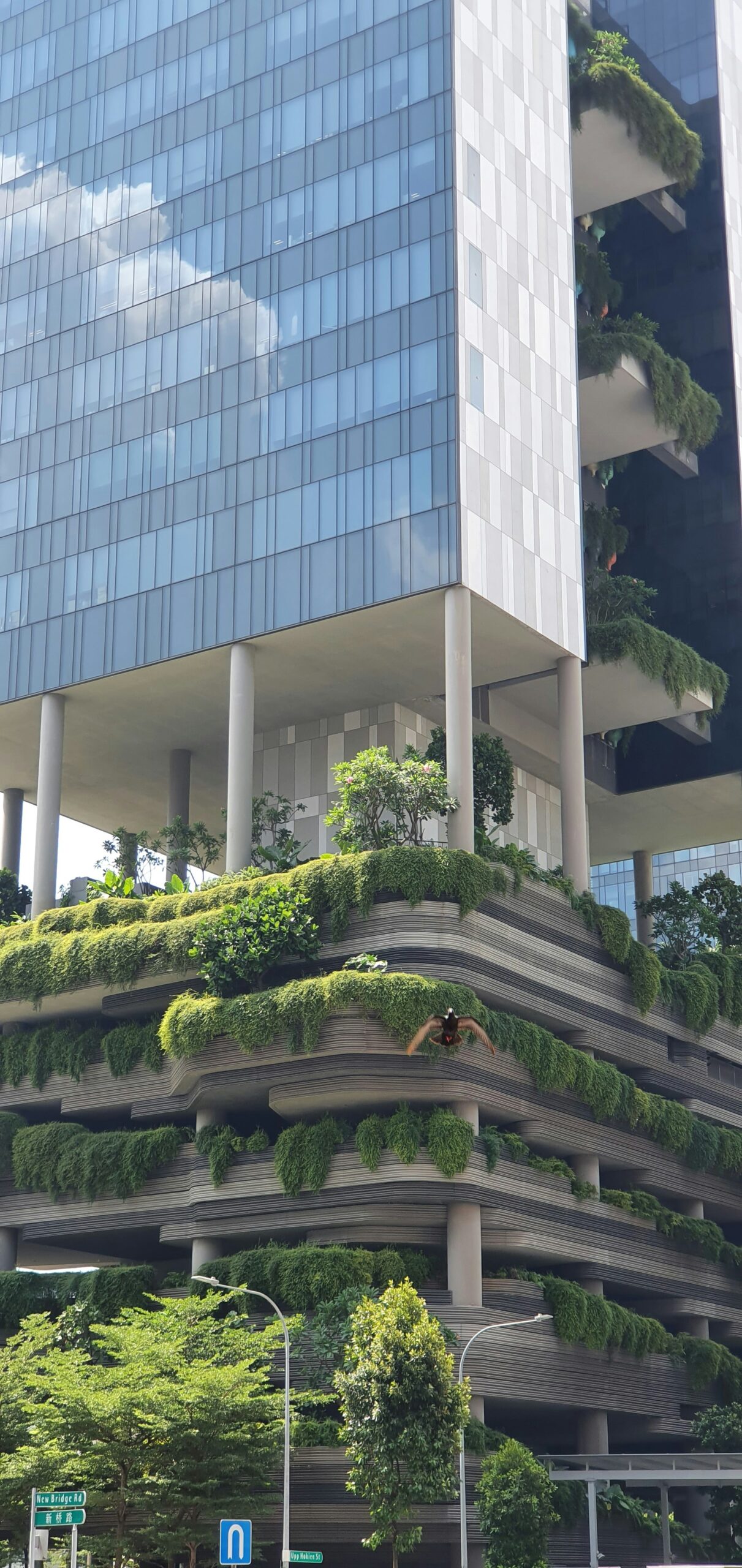By Mercedes Quintanilla
How do biophilia and sustainability fit together?
Biophilia and sustainability are often treated as separate design disciplines — but in truth, they are intrinsically connected. Two expressions of the same intention: to restore balance. To create spaces that nourish both the individual and the ecosystem they inhabit.
DESIGN THAT SPEAKS TO THE BODY — AND THE EARTH
Thanks to advances in neuroscience and environmental science, we now have the tools to measure the physical and emotional impact of our environments. Pulse rate. Blood pressure. Hormonal shifts. Cognitive clarity. The data is clear: spaces that reflect nature improve the way we feel, perform, and recover.
The right design doesn’t just look good — it restores the nervous system. It reduces inflammation. It promotes emotional balance. It becomes a quiet, powerful partner in the pursuit of well-being.

THE MEASURABLE BENEFITS OF BIOPHILIC + SUSTAINABLE DESIGN
According to studies by Interface and other wellness-driven research bodies, incorporating biophilic and sustainable strategies into your spaces can result in:
• Reduced stress and muscle tension
• Increased immune defense and anti-cancer protein production
• Balanced hormone levels and reduced cortisol
• Lower blood pressure and heart rate
• Improved focus and cognitive function
• Circadian rhythm support and better sleep quality
• Slower cellular aging and faster recovery from illness
• Enhanced emotional regulation and pain reduction
• Greater overall vitality and resilience
Design, when done with intelligence and intention, becomes a form of preventative care.
A NEW STANDARD: SPACES THAT HEAL, NOT HARM
We’re living in a moment that demands more from design. Not just beauty. Not just efficiency. But restoration. For ourselves. For the ecosystems we live in. For future generations.
This is why forward-thinking designers are shifting the conversation. We’re no longer designing simply to impress — we’re designing to empower. To regenerate. To reconnect.
Biophilia and sustainability are no longer trends. They are essential strategies for creating environments that align with our biology, our values, and our future.
When you design with nature — and for nature — you’re not just creating a space. You’re making a statement: that well-being and beauty are not mutually exclusive. That caring for people and the planet is not an either/or. It’s the only way forward.
References.
✓ Terrapin Bright Green LLC. (2014, May 1). The Economics of Biophilia. https://www.terrapinbrightgreen.com/. https://www.terrapinbrightgreen.com/reports/the-economics-of-biophilia/
✓ Kellert, S. R., Heerwagen, J. H., & Mador, M. L. (s. f.). Biophilic Design. ResearchGate. Retrieved July 22, 2021, from https://www.researchgate.net/publication/284608721
✓ Van Vliet, H. (2021, February 10). Biophilia: Sustainability Meets Health & Well-Being. Human Spaces. https://blog.interface.com/biophilia-sustainability-meets-health-well-being/
✓ European Agency for Safety and Health at Work. (2013). Well-being at work: creating a positive work environment (: 978–92-9240-039-2). Publications Office of the European Union. https://doi.org/10.2802/52064

Read the Comments +